Engaged? Ask These 15 Questions Before You Say “I Do”

Marriage is one of life’s most profound commitments, and diving into it with clarity can greatly enhance a couple’s journey. While love is a powerful foundation, understanding each other’s deeper desires and fears is equally critical. This guide presents 15 essential questions to explore with your partner before the big day. These questions cover emotional safety, personal growth, financial philosophies, and more, equipping both partners with insights to nurture a resilient, loving partnership. Each question encourages meaningful dialogue, helping couples align their long-term visions and deepen their connection. As you prepare to say “I do,” consider these questions as a framework for a fulfilling future together.
1. When life stops feeling romantic, what do you need from me to still feel chosen?
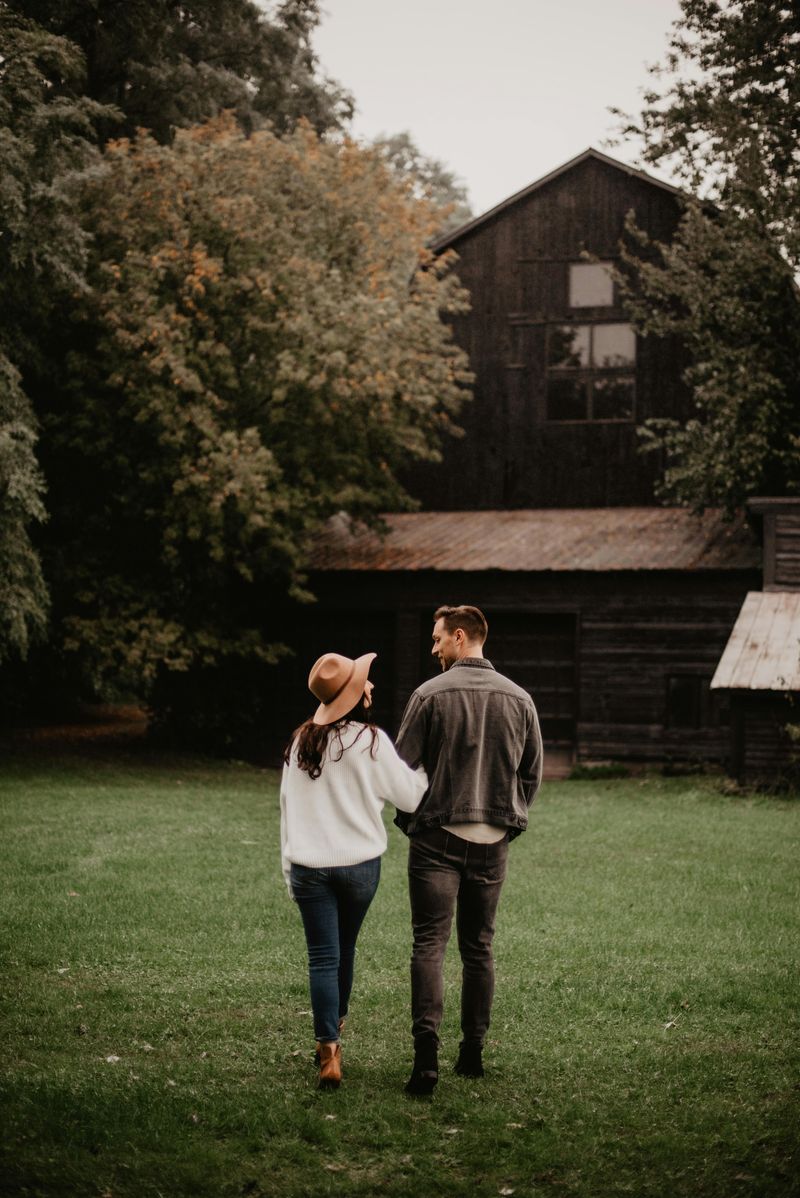
In the whirlwind of early romance, feeling chosen is often a given. But what happens when the novelty fades and routine sets in? Exploring this question reveals how each partner defines love beyond passion. It’s about understanding the gestures, big or small, that reassure them of their importance.
Discussing this can pave the way for a relationship that thrives on enduring devotion. It invites partners to candidly share what keeps the spark alive for them, ensuring that even in mundane moments, each feels cherished. Ultimately, this builds a resilient love that endures through life’s inevitable ebbs and flows.
2. How do you define emotional safety in a relationship — and how can I help protect it?

Emotional safety is the bedrock of a trusting relationship. It’s the space where vulnerability is met with understanding, not judgment. By discussing what emotional safety means to each partner, couples can create a nurturing environment where both feel secure to express themselves fully.
This question invites partners to articulate their needs and boundaries, ensuring they are protected and respected. It’s about building a sanctuary within the relationship, where both individuals can grow without fear. By prioritizing emotional safety, couples lay a strong foundation for a relationship marked by mutual trust and openness.
3. What kind of “hard seasons” do you fear the most in marriage — and how do you imagine we’ll get through them?

Life is unpredictable, and marriage comes with its share of challenges. Understanding each other’s fears about potential “hard seasons”—be it financial struggles, health issues, or personal loss—prepares couples for resilience. This question encourages a dialogue about shared coping strategies.
By candidly discussing their fears, partners can build a toolkit for navigating adversity together. It fosters a sense of team spirit and unity, where both feel supported and understood. Ultimately, this proactive approach helps couples face difficulties with strength and determination, reinforcing their commitment to each other.
4. How do you want conflict to feel — not just be resolved?

Conflict is inevitable, but the way it’s handled can strengthen or weaken a relationship. Instead of focusing solely on resolution, this question explores the emotional tone of disagreements. It’s about creating a space where both partners feel heard and respected, even amidst conflict.
By discussing this, couples can establish a framework for healthy disagreements that promote growth rather than resentment. It emphasizes emotional repair and understanding, ensuring conflicts lead to deeper connections rather than distance. This approach transforms conflicts into opportunities for reinforcing love and trust.
5. When it comes to money, what’s your emotional story — not just your budget plan?

Money is more than numbers; it’s tied to emotions, values, and history. By sharing their emotional money stories, partners can uncover the mindsets shaped by family, culture, and past experiences. This question surfaces feelings about spending, saving, and financial security.
Understanding these underlying beliefs helps couples align their financial goals and practices. It invites empathy and support, creating a financial partnership built on mutual understanding. By addressing the emotional side of money, couples pave the way for financial harmony and shared prosperity.
6. How do you balance being a partner with staying your own person?

Balancing individuality with partnership is key to a healthy relationship. This question sparks dialogue about maintaining a sense of self while being deeply connected. It acknowledges the importance of personal growth alongside shared dreams.
Partners discussing this can support each other’s pursuits, ensuring neither feels overshadowed. It creates a dynamic relationship where both are celebrated as individuals and as a couple. By valuing both independence and togetherness, couples foster a vibrant, interdependent love that enriches their lives.
7. What’s one part of your past you’re still learning to forgive — and how can I support that process?
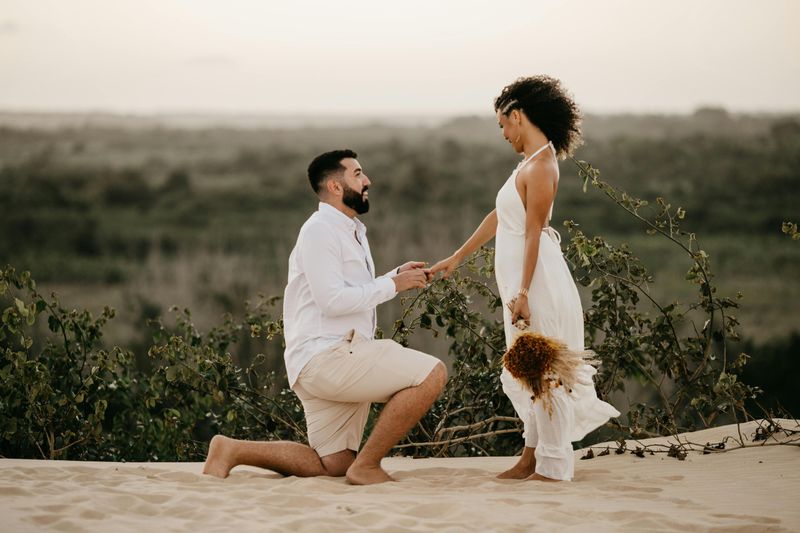
Everyone carries parts of their past that require forgiveness. By asking about these, partners invite compassion and intimacy. It’s a chance to support each other’s healing journeys, fostering deeper connection and trust.
Discussing this openly allows partners to understand the impact of past experiences on present relationships. It transforms vulnerability into strength, where both feel safe to share and grow. Together, they can navigate the path of healing, creating a relationship marked by empathy and mutual support.
8. What does “home” mean to you — and what kind of space makes you feel most yourself?

Home is a concept filled with emotion and meaning. This question delves deeper than physical spaces, exploring what makes each partner feel grounded and at peace. It’s about identifying the elements that transform a space into a sanctuary.
By discussing this, couples can create a shared vision of home that honors both partners’ needs and desires. It fosters a lifestyle where both feel comfortable and authentic. Understanding each other’s concept of home strengthens the bond, ensuring a harmonious living environment.
9. What kind of love did you grow up watching — and how has it shaped what you expect from us?

The love witnessed during childhood often shapes expectations in adulthood. By exploring this, partners can identify inherited love patterns that influence their relationship. It provides insight into behaviors and expectations, whether supportive or limiting.
This conversation allows partners to consciously choose which patterns to embrace or modify. It builds awareness of how past experiences impact current dynamics, fostering a more intentional connection. By understanding these influences, couples can co-create a love that reflects their values and aspirations.
10. How do you want our marriage to evolve over decades — what would “success” look like at 5, 15, and 30 years?

Visioning the future is a powerful exercise for couples. This question invites them to imagine their marriage’s evolution over decades, defining what success looks like at different stages. It anchors long-term goals, allowing room for life’s changes.
By discussing this, partners align their dreams and prepare for the journey ahead. It creates a roadmap of shared aspirations, ensuring both are committed to supporting each other’s growth. This vision fosters a proactive approach to building a fulfilling, enduring relationship.
11. If we hit a wall, what does “taking a break” look like to you — and what does “fighting for us” mean?

Relationships have their highs and lows. Understanding what “taking a break” means to each partner can prevent misunderstandings during tough times. It defines boundaries and expectations, ensuring both feel supported in their coping methods.
Discussing this question helps partners articulate what “fighting for us” looks like, fostering resilience and perseverance. This dialogue sets the stage for handling conflicts with empathy and intention, ensuring challenges become opportunities for growth rather than division.
12. What role does family (yours and mine) play in our story — and how do we set boundaries with love?
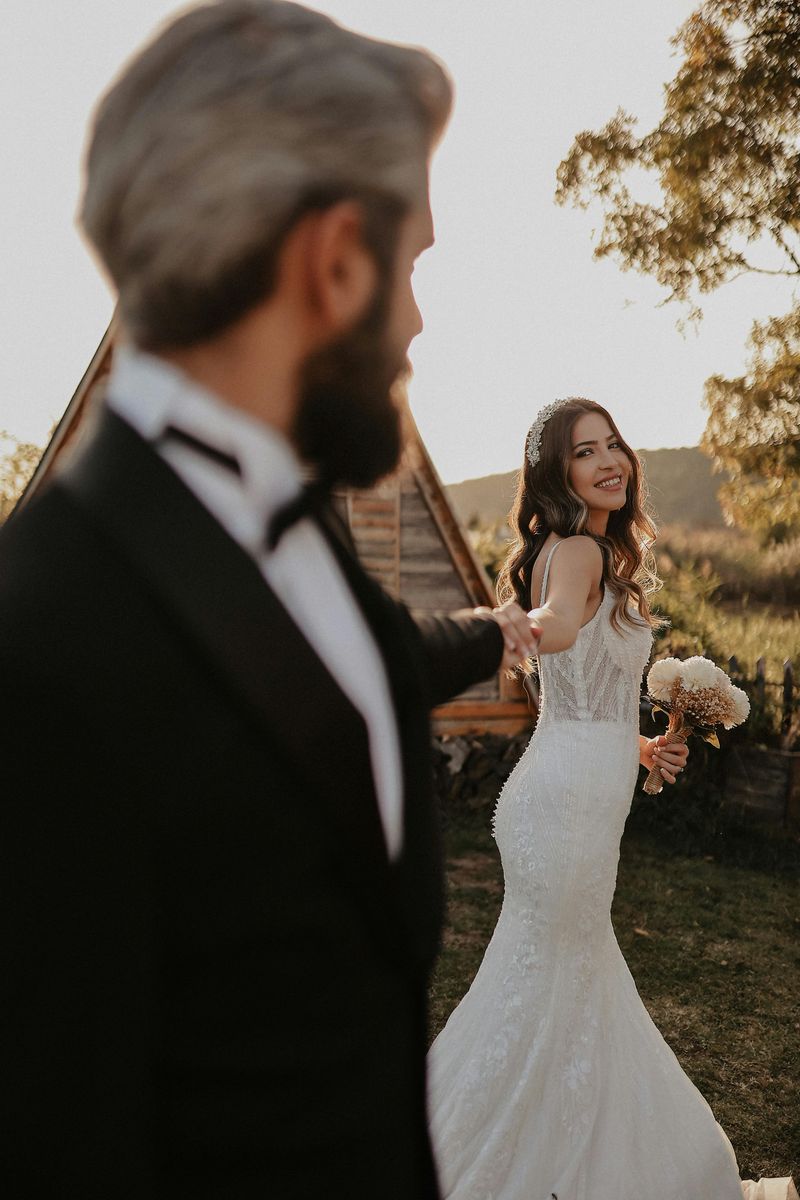
Family dynamics play a significant role in relationships. By discussing the role of each family, partners can navigate these influences with clarity and love. It’s about setting boundaries that honor the relationship while maintaining familial ties.
This question encourages partners to consider how family influences their story and how they can protect their relationship while respecting family. It fosters a balanced approach, ensuring love is at the heart of all interactions. By aligning on this, couples can prevent family tensions from impacting their bond.
13. What would make you feel like you’re losing yourself in marriage — and how can we protect against that?

Maintaining a sense of self is vital in a committed relationship. By discussing what might make them feel lost, partners can identify potential pitfalls and proactively guard against them. It’s about ensuring both feel valued as individuals.
This question fosters dialogue on maintaining autonomy within marriage, encouraging partners to support each other’s personal growth. It’s a safeguard against resentment, ensuring both continue to thrive together and apart. By valuing individuality, couples create a partnership where both feel empowered and fulfilled.
14. If love had a language unique to us, what would it sound like?
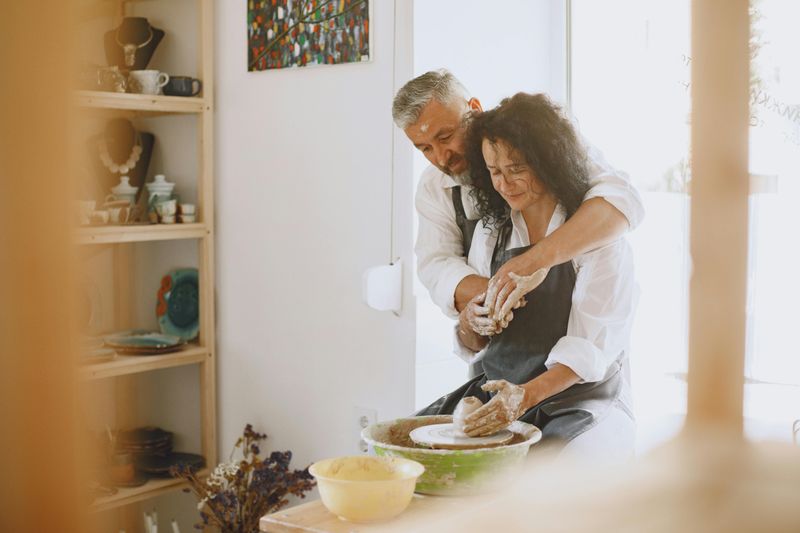
Every relationship has its unique expressions of love. By crafting a language unique to them, couples can enhance their connection through shared rituals and symbols. This creative exercise fosters intimacy and understanding.
Discussing this helps partners articulate how they express and receive love, ensuring both feel appreciated and connected. It’s about celebrating their unique bond in ways that are meaningful to them. This question encourages a playful and intentional approach to nurturing their love.
15. When we look back years from now, what do you hope people will say about the way we loved each other?
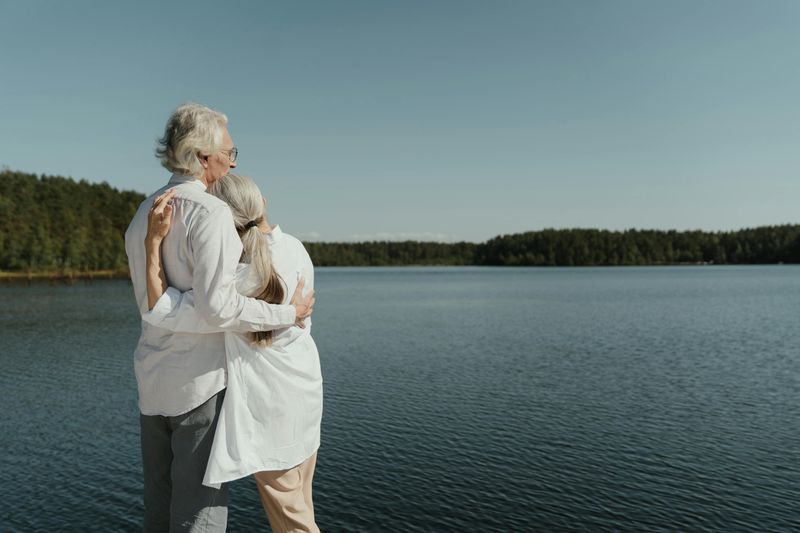
Legacy is a powerful motivator. This question invites couples to reflect on the impact of their love, both on each other and their community. It’s about envisioning the story they want to tell through their relationship.
Discussing this helps partners align their values and intentions, ensuring their love leaves a lasting, positive imprint. It encourages them to live their love in a way that is authentic and inspiring. By focusing on the legacy of their love, couples create a relationship that is deeply fulfilling and meaningful.

Comments
Loading…